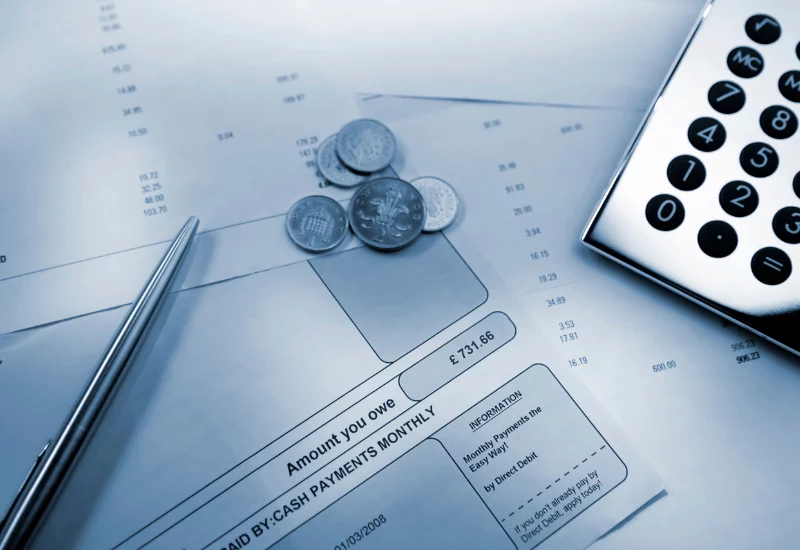The courts expect litigation to be used as a last resort to settle disputes. Parties involved in debt recovery are therefore expected to comply with the Practice Direction on Pre-Action Protocols and Conduct, which sets out the steps a creditor should take before issuing court proceedings.
Below is a brief guide on Pre-Action Protocol particularly the steps that a creditor should be taking when commencing legal action to recover an unpaid invoice. Debt recovery can be a complex process, so it is worth seeking advice and guidance from a qualified debt recovery solicitor.
If the debtor is a company
If the debtor is a limited company, PLC or LLP you will need to comply with the Practice Direction (“PD”) mentioned above.
The objectives of the PD are for parties to have exchanged sufficient information so that they:
- understand each other’s position
- can make decisions about how to proceed
- can try to settle the issues without issuing court proceedings
- can consider a form of Alternative Dispute Resolution (“ADR”) to assist with settlement
- support the efficient management of any proceedings that are issued; and
- reduce the costs of resolving the dispute.
Sending a Letter Before Action to a company
The first step of the Pre-Action Protocol a creditor should take is to issue a Letter Before Action (“LBA”). This letter should have the aim of meeting the above objectives. In debt recovery claims, a creditor would usually be expected to include the following in the LBA:
- The amount of the debt being claimed;
- The basis of the claim e.g. based on a written contract;
- A summary of the facts to date;
- Details of any interest or other charges that are being added to the invoice debt;
- Copies of any relevant documents e.g. invoice and contract;
- Details of how and when the debtor needs to pay by.
If the debtor is an individual
On the 1st October 2017 the Pre- Action Protocol for Debt Claims (“PAP”) came into force. It applies to any business (including sole traders and public bodies) who are claiming payment of a debt from an individual, which includes a sole trader.
The main aims of the PAP are to:-
- encourage early engagement and communication between the parties
- enable the parties to resolve the matter without the need to start court proceedings, including agreeing a reasonable repayment plan or considering using ADR
- encourage the parties to act in a reasonable and proportionate manner in all dealings with one another (for example, avoiding running up costs which do not bear a reasonable relationship to the sums in issue)
- support the efficient management of proceedings that cannot be avoided.
Sending a Letter Before Action to an individual
As with the PD for claims against companies, the first step that a creditor should take under the PAP is to send a Letter Before Action to the debtor.
The Letter Before Action should include the following information:
- the amount of the debt
- whether interest or other charges are continuing
- where the debt arises from an oral agreement: details about who made the agreement, what was agreed (and if possible the words used) and when and where it was agreed
- where the debt arises from a written agreement: the date of the agreement, the parties to it and the fact that a copy of the written agreement can be requested
- where the debt has been assigned, the details of the original debt and creditor, when it was assigned and to whom
- if regular instalments are being offered, or being paid, an explanation of why the offer is not acceptable and why a court claim is still being considered
- details of how the debt can be paid, i.e. the payment method and address for payment
- the address the reply form should be sent to
The creditor should also enclose an up-to-date statement of account for the debt, which should include details of any interest and administrative or other charges added, or a copy of the unpaid invoices, along with a Reply Form, Financial Statement Form and Information Sheet (templates are provided within the PAP).
The LBA must allow a period of at least 30 days for a debtor to respond to the demand for payment. The debtor should respond using one of the prescribed forms sent with the letter.
At the end of the response period, if the parties still cannot agree then further action can be taken including issuing a claim for a Country Court Judgment.
The courts have powers to sanction a party for non-compliance with the PD or PAP including:
- staying any claim issued until the creditor has complied;
- not awarding any interest claimed;
- not awarding any costs claimed;
- ordering that the creditor pay costs to the debtor on an indemnity basis
Given the potential consequences for issuing a claim too soon, creditors should always seek expert advice from debt recovery solicitors before embarking on a debt claim.
Why choose Trethowans?
Our debt recovery team have an excellent track record for helping clients recover their unpaid invoices as quickly and smoothly as possible. Our approach is to help our client’s avoid surprises through pre claim reviews and agreed claim strategies.
The team are also recommended in The Legal 500 2023 UK Guide
We have a dedicated debt recovery solicitors who can help you reach a resolution. Contact us today on 0800 2800 421 or using the contact form.














